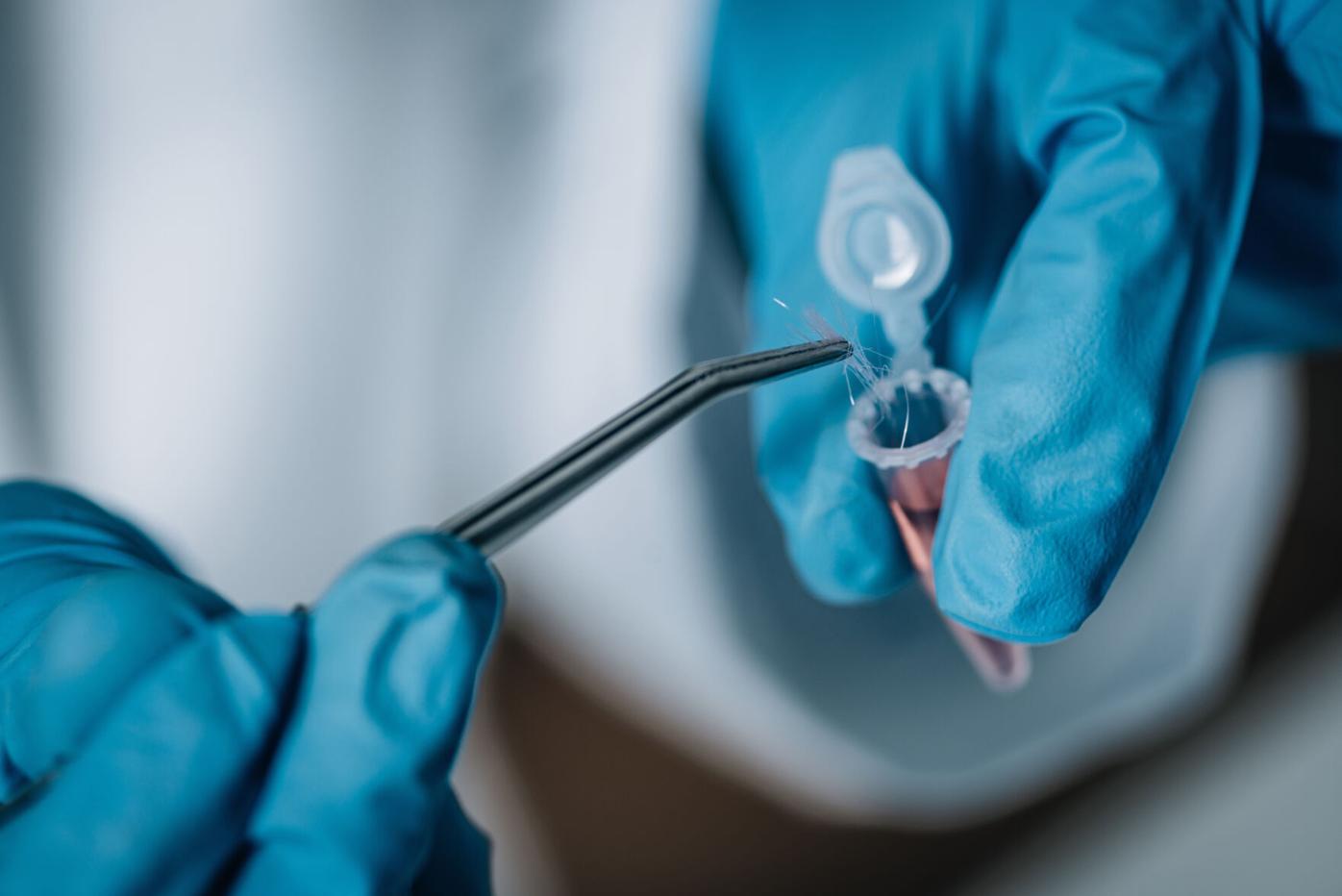Denver police’s cold case project marks 25 years
For 25 years, Denver Police Department’s Integrated Cold Case Project has been a source of hope for the victims, survivors and families seeking justice for, sometimes, decades-old crimes.
The Project (DICCP) combines traditional investigative techniques with advanced DNA technology to solve “cold case” homicides. The approach has been highly successful in using genetic evidence to solve some of the city’s oldest unresolved cases.
The 1998 creation of the Combined DNA Index System (CODIS) database and the Short Tandem Repeat (STR) DNA analysis in the late 1990’s, helped establish the standard practice for analyzing DNA for the purpose of prosecution.
The Denver Police Crime Laboratory acquired the equipment and training needed to conduct STR analysis in 1999. DPD Crime Laboratory Director Dr. Greggory LaBerge and DPD Lt. Jon Priest (now retired) applied the new advancements to unsolved cases, resulting in the creation of the Denver Integrated Cold Case Project.
DICCP members have re-examined 900 sexual assault and 240 homicide cold cases using DNA testing techniques, resulting in more than 300 hits in the database and the filing of charges in some 130 cases, according to police.
“The Integrated Cold Case Project has made a significant difference in Denver over the last 25 years, helping police and prosecutors to identify those who commit serious crimes and then hold them accountable,” Denver District Attorney Beth McCann said in a Monday news release. “The DA’s office has a dedicated unit to work on these cases in close cooperation with DPD. As a result, several of these cases have been successfully prosecuted by my office. There is no question in my mind that, as the technology advances, the Project will have even more of an impact in the future.”
Some of the city’s more notable cold cases solved with the assistance of DICCP include the 2022 conviction of Crespin Nene-Perez for the 1998 disappearance and death of his girlfriend, Bonny Baker. A police affidavit stated that DNA samples taken from Baker’s skeleton were sent to Denver and matched known samples from the victim. Baker’s body was found almost a year later in a shallow grave near Manuelita, New Mexico.
Nene-Perez was extradited back to Colorado, where he was sentenced to 20 years in prison.
Investigators have also used DNA to identify offenders posthumously, such as serial killer Joe Ervin, who was determined after his death to be the suspect in four separate homicides committed between 1978 and 1981. His victims, all women, ranged in age from 17 to 53.
While awaiting trial in Adams County for the 1981 shooting death of Aurora Police Department Officer Debra Sue Corr in Adams County, Ervin hanged himself in his cell.
Between 2013 and 2018, the four murder cases were linked by DNA evidence. In 2022, an ancestral link was identified in Texas and Ervin’s body was exhumed, and his DNA linked him to the four victims.
“In addition to the forensic investigation tools and methods, the community can play a significant role in solving violent crime cases – whether a Cold Case or a crime that happened more recently,” said Denver Chief of Police Ron Thomas in the release. “I encourage community members to partner with us by providing tips to keep our community safe by holding offenders accountable.”
Since 2003, DICCP has been awarded more than $8 million in federal grant funding to pay for the salaries of team members while working on the project, DNA testing, and travel costs related to interviewing victims and witnesses. DPD’s collaborative approach to grant applications secures funding to cover its multidisciplinary team of forensic scientists, police detectives, victim advocates, and prosecutors for a holistic approach to solving cold cases, according to police.
Community members are encouraged to contact Metro Denver Crime Stoppers at 720-913-STOP (7867) to provide tips. Tipsters can remain anonymous and may be eligible for a monetary reward.





